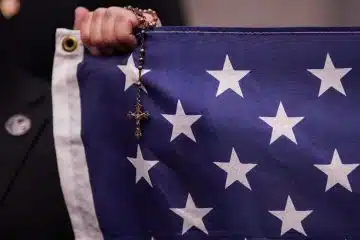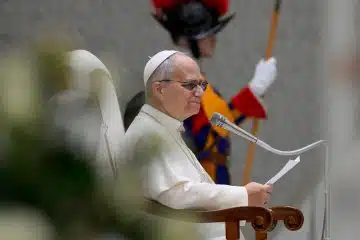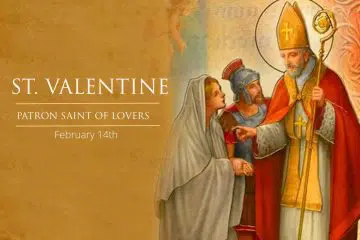Tulsa diocese leaves Christian coalition over abortion
CNA Staff, Nov 20, 2020 / 07:01 pm MT (CNA).- The Diocese of Tulsa has withdrawn from the Oklahoma Council of Churches because the group will not defend the life of unborn children from abortion, its bishop said earlier this month.
The OCC “will not commit itself to defending the right to life of babies in the womb, the most marginalized, mistreated, abused and discriminated against group in the country,” Bishop David Konderla wrote in a statement dated Nov. 6.
“I believe that a Christian group that wants to publish moral statements but cannot agree that abortion is a grave evil should continue without the Catholic diocese as a co-signer of its statements.”
Bishop Konderla’s decision was prompted by a statement on racism and anti-discrimination prepared by the Christian council. The statement affirmed the “equality and equity of all God’s children, without exception, and that no person should experience discrimination regardless of their sex, religion, race, immigration status, sexual orientation, political affiliation, age, gender identity/gender expression, ability, or socio-economic status.”
It committed to advocating for “equal access to healthcare”, but did not refer to abortion, as the members of the coalition do not agree in their beliefs about the problem.
Bishop Konderla wrote that “The reason I decided to leave formal membership in the OCC is because I believe that although the OCC wants to make a strong moral statement, its statement amounts to a house built on sand.”
“In my view racism and unjust discrimination are issues that require and deserve moral clarity and consistency,” he continued.
The bishops said the OCC’s statement on racism and anti-discrimination, “with its glaring exclusion of the most vulnerable group of persons in our midst, is rendered at best inconsistent or even politically motivated.”
“This is the reason I did not want to be a cosigner of the statement. Nor is this the first time I have needed to pass on co-signing a statement the OCC wanted to make and for a similar reason.”
The Archdiocese of Oklahoma City had earlier left the OCC, in similar circumstances.
Archbishop Paul Coakley of Oklahoma City withdrew from the group in September 2018, writing to its executive director and president of the board that he had “been concerned in recent months by a change of tone,” shifting from what he identified as “ecumenism and Christian witness to secular politics.”
“The ecumenical spirit is willing to embrace a ‘both/and’ attitude, where as politics thrives on creating and [sic] ‘either/or’ dichotomy,” the archbishop wrote.
Shannon Fleck, a minister of the Christian Church (Disciples of Christ), became executive director of the OCC in June 2018.
Bishop Konderla publicized his own letter to Fleck which severed the Tulsa diocese’s membership in the OCC.
“I believe that such an organization should be able to be forthright in its defense of the unborn and of the institution of marriage between one man and one woman. Gender theory increasingly threatens religious liberty and the fundamental right of parents to educate and catechize their children and must be guarded against,” the bishop wrote.
He added that the diocese “will continue to collaborate where our paths cross.”
“But at this time, the areas of crossover are so peripheral that I think it is clearer that we not be listed as a member.”
In his statement, Bishop Konderla noted that LGBT persons should be protected against unjust discrimination, citing the Catechism of the Catholic Church’s statement to that effect.
The bishop wished to clarify, because he said an article in The Tulsa World “left the impression that I do not believe that persons with a same sex attraction or a gender discordance, often referred to as LGBTQ, should be protected against discrimination. This is erroneous.”
He added that the Church “has also been clear that racism is a sin and must be fought against at all times.”
Fleck said Nov. 18 that since its founding in 1972 the OCC “has not taken a stance on either side of this issue [abortion] because our denominations are not all in agreement and they’ve known that.”













